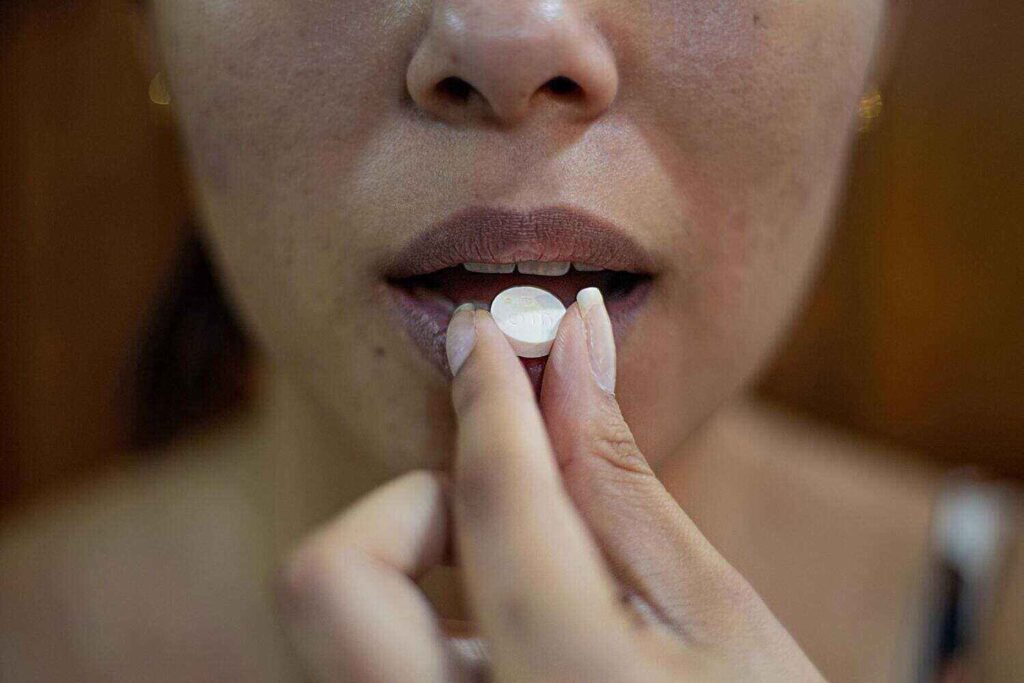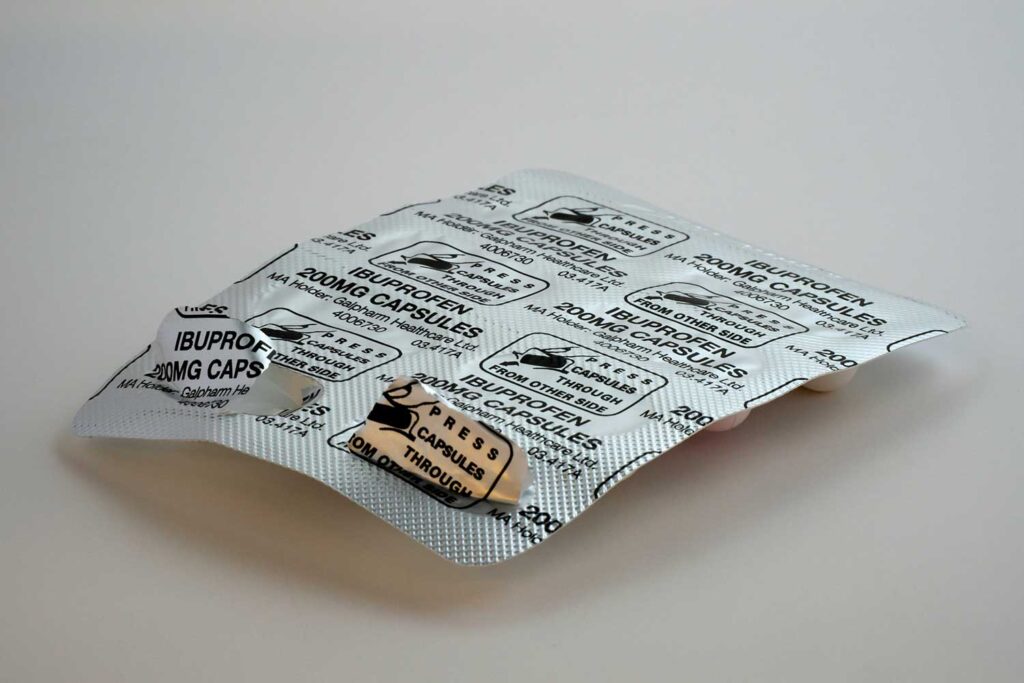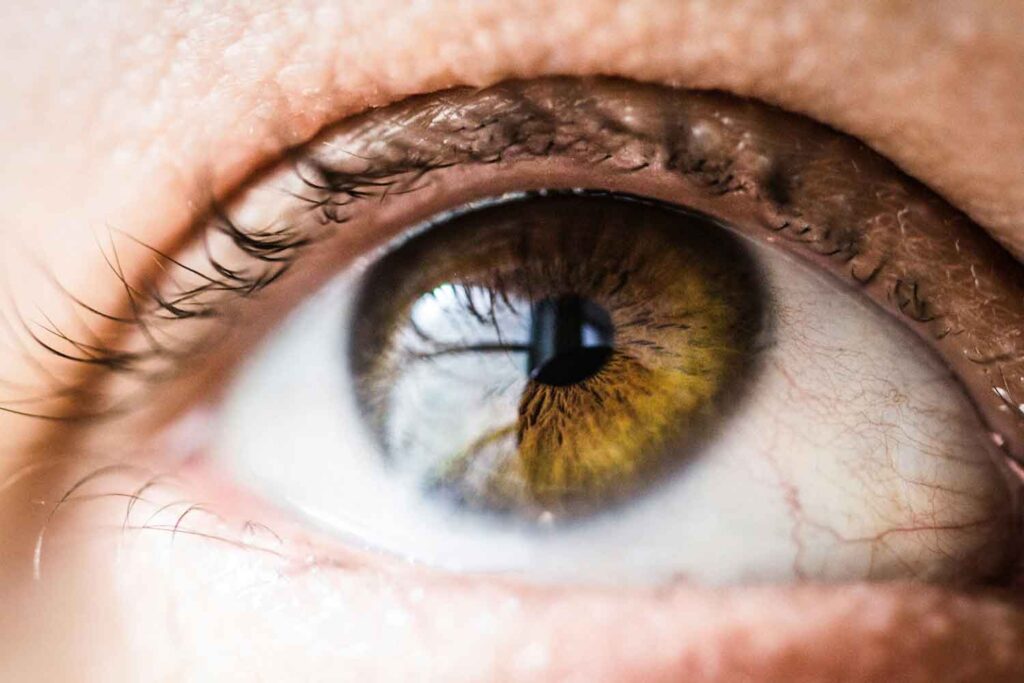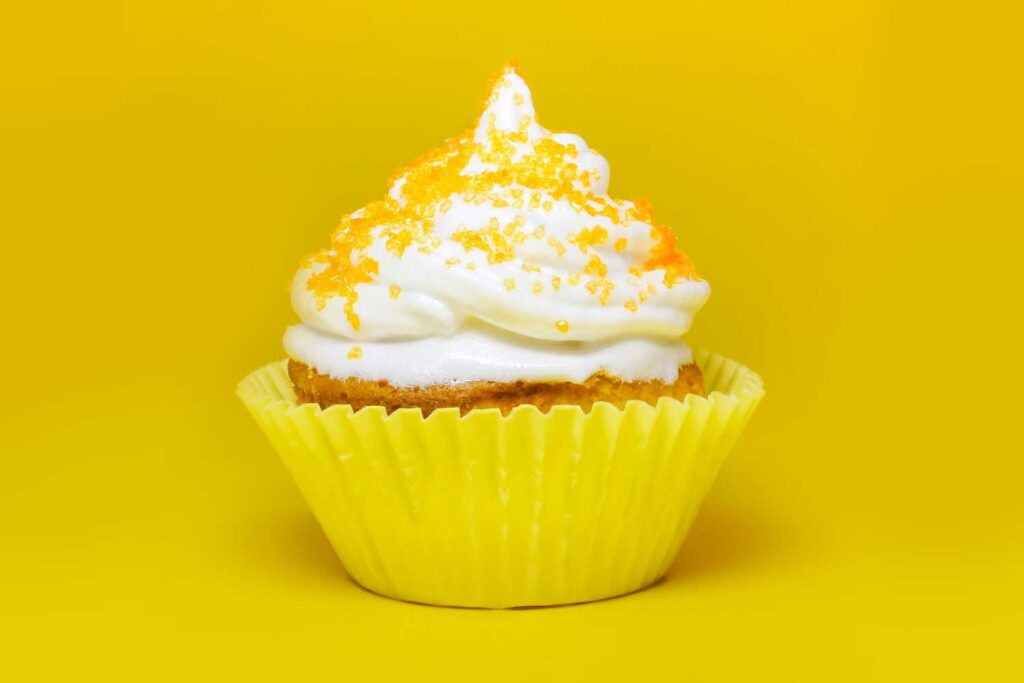Can cannabis help with bipolar disorder?
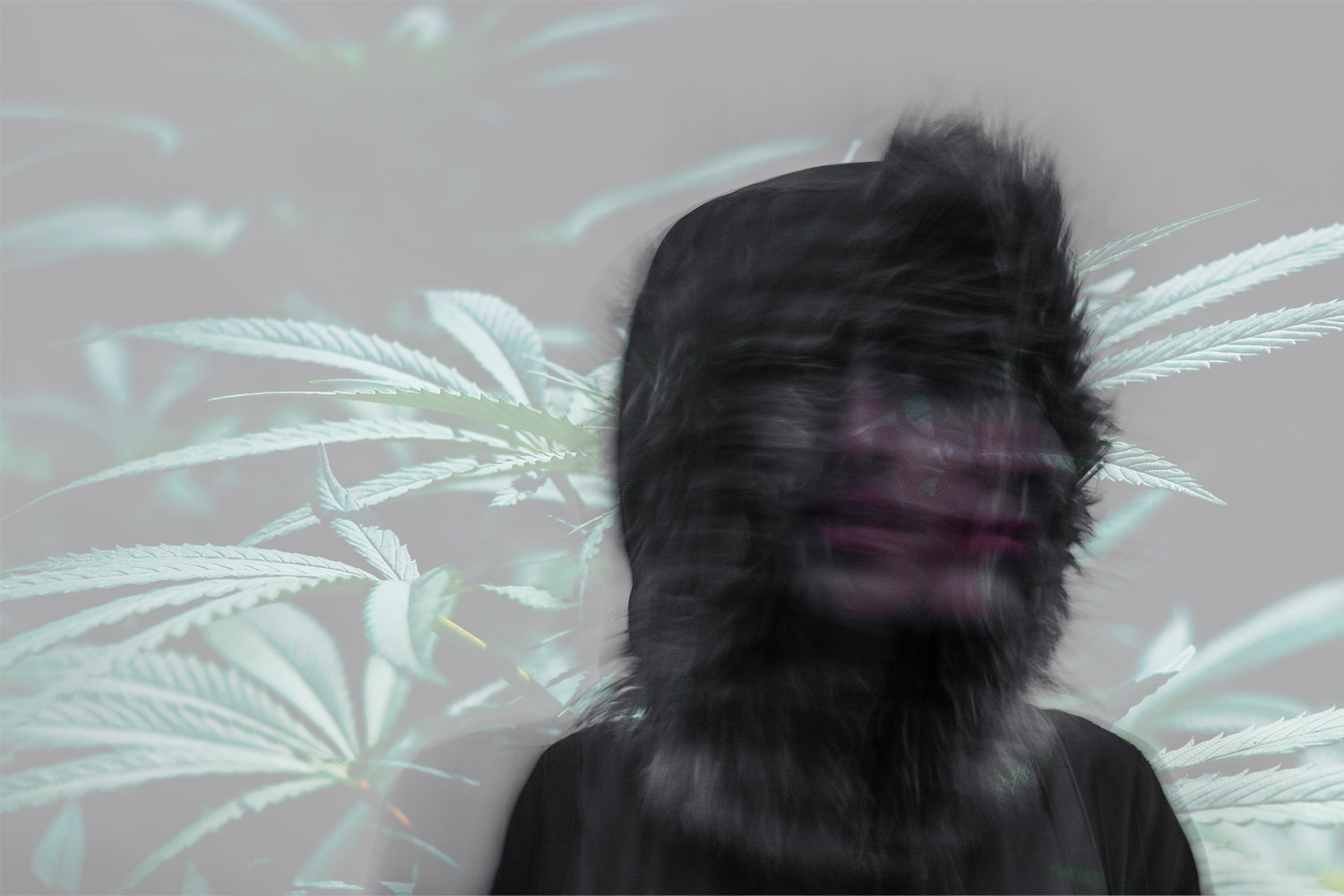
According to Healthline, 2.8% of the American adult population suffers from bipolar disorder. While 2.8% may sound like a small amount, it’s actually around 5 million people. Bipolar disorder has been called one of the most debilitating mood disorders. As a matter of fact, the World Health Organization refers to it as the sixth leading cause of disability in the world. In addition, there have been many discussions as to whether or not cannabis helps or hurts certain mental illnesses. Before we examine what the studies say, let’s look at what bipolar disorder is and its signs and symptoms.
Featured Image Source: Unsplash / Unsplash (mashup)
What is Bipolar Disorder?
Bipolar disorder is a mental illness characterized by an extreme shift in moods. Contrary to what some may believe, the mood shifts experienced by those with bipolar disorder are not comparable to our day-to-day shifts in moods. People with the disorder may oscillate between depression, hypomania and mania.
There are three types of bipolar disorder, bipolar I, bipolar II and cyclothymia. According to Insider, the primary difference between bipolar 1 and bipolar 2 is the intensity of the manic episodes. According to the article, “Bipolar 1 involves periods of severe mania whereas bipolar 2 involves periods of less severe hypomania.” People with cyclothymia have episodes of hypomania and depression. They tend to have more stable moods and experience these symptoms for a month or two at a time. According to Healthline, “These symptoms are shorter and less severe than the mania and depression caused by bipolar I or bipolar II disorder.”
Signs and Symptoms of Bipolar Disorder
There are three main symptoms of bipolar disorder; mania, hypomania, and depression.
Mania
This very elevated mood leaves you full of energy and as WebMD puts it, feeling great. However, The World Health Organization says that mania can lead to “over-activity, rapid speech, inflated self-esteem and a decreased need for sleep”. One of the problems with being manic is that the person may engage in high-risk behavior. According to Todd Lewis, PhD, an associate professor of counselor education at the North Dakota State University as quoted in Everyday Health, “Mania can lead to risk taking, unsafe sexual activity, and buying sprees that you can’t afford,”. He continues by saying, “[People] might miss work, and what makes this real problematic is that when in a super high state, they can have hallucinations and delusions”. These symptoms, according to Insider, should last for at least a week but can even last weeks at a time.
Hypomania
Hypomania, according to Healthline, is generally associated with Bipolar disorder 2 and is similar to mania. According to Harvard, “Hypomania is usually described as a mood state or energy level that is elevated above normal, but not so extreme as to cause impairment”. Harvard says that hypomania includes at least 3 of the following symptoms for at least four days:
- inflated self-esteem or grandiosity
- decreased need for sleep
- increased talkativeness
- racing thoughts or ideas
- marked distractibility
- agitation or increased activity
- excessive participation in activities that are pleasurable but invite personal or fiscal harm (shopping sprees, sexual indiscretions, impulsive business investments, and the like)
Depression
The depression state is not much better as you can imagine. Healthline says the depression state lasts at least two weeks. Healthline lists the symptoms of a depressive state as:
- deep sadness
- hopelessness
- loss of energy
- lack of interest in activities they once enjoyed
- periods of too little or too much sleep
- suicidal thoughts
What Are the Treatment Options for Bipolar Disorder?
While there is no cure for bipolar disorder, there are treatment options such as therapy and medication. In addition to that, researchers have been looking at cannabis as a possible treatment.
How does Cannabis Use Affect Bipolar Disorder?
There are a couple of studies that look at cannabis use for bipolar disorder with mixed results.
Positive Conclusions for Cannabis Use and Bipolar Disorder
One study published in PLOS ONE did not see any negative effects for cannabis and bipolar disorder. The study concluded that marijuana could be used to alleviate some of the clinical symptoms associated with bipolar disorder. Those who had bipolar disorder and used weed had a “substantial decrease in a composite measure of mood symptoms”. They did not find that marijuana usage had a negative effect on cognition. After the four week period had passed, those who used weed and had bipolar disorder did not show any significant differences between those who had bipolar disorder and didn’t. The study said, “no significant differences between the BP (bipolar disorder) and MJBP (people with bipolar disorder who used marijuana) groups were apparent, providing no evidence of an additive negative impact of BPD and marijuana use on cognition.
Another study published in PLOS ONE, conducted research on less than 30 people who either met the criteria for bipolar disorder 1 or bipolar disorder 2. The study found that the participants were using cannabis when they were already feeling good. However, it was suggested that the participants may have had a more positive mood even before using cannabis because they expected to enjoy it. However, the researchers did say that the use of cannabis may be further complicating their affective state. The study concluded by saying, “The findings from the study indicate that cannabis use is associated with a subsequent change in positive affect, depressive symptoms and manic symptoms over the course of daily life. No evidence for the use of cannabis to self-medicate minor fluctuations in negative affect or BD symptoms was revealed.”
Negative Conclusions About Cannabis Use and Bipolar Disorder
A study that used 2391 participants found that cannabis may worsen a manic episode or actually cause one. The study said, “Our findings whilst tentative, suggest that cannabis use may worsen the occurrence of manic symptoms in those diagnosed with bipolar disorder, and may also act as a causal risk factor in the incidence of manic symptoms.”
Another study concluded that marijuana may trigger an early onset of bipolar disorder. In addition to that, those with bipolar disorder who use weed has a higher risk of suicide and suicide attempts. The researchers also found out that those who used marijuana were generally younger at the age of onset than those who didn’t.
This study referenced other studies that found structural differences in the brains of young people who used marijuana and that had bipolar disorder. For example, adolescents who had bipolar disorder and cannabis use disorder at the same time had “structural differences in frontal and temporal cortical regions and the right caudate nucleus,” this is related to emotional and motivational regulation. In addition, there was an “increase in gray matter volume in the right caudate and precentral gyrus and increased gray matter density in the occipital, middle right fusiform, and cerebellar vermis were observed, while there was a reduction in gray matter volume in the left fusiform”. This was seen in adolescents in cannabis use disorder and bipolar disorder. You can read up more about how cannabis may or may not affect the brains of adolescents here.
The researchers noted they were unclear about one thing which was, “whether the effect of cannabis at the age at onset and suicide attempts are independent of each other or not.” More research should hopefully give us our answer.
Genes, Marijuana and Bipolar Disorder
According to Healthline, genetics may play a part because we know that marijuana affects people differently based on genes. According to the National Institute of Drug Abuse, people who have a certain variation of the AKT1 gene are at an increased risk of psychosis. In addition to that, their risks of psychosis increases if they are marijuana users. Another reason why some adults develop psychosis from marijuana use and some may not can also be genetic. According to the National Institute of Drug Abuse, there is an “Increased risk of psychosis among adults who had used marijuana in adolescence and also carried a specific variant of the gene for catechol-O-methyltransferase (COMT)”. COMT is an enzyme is used to degrade neurotransmitters.
Conclusion
The research does not indicate that cannabis is a great treatment for bipolar disorder. More research is needed in this area for better conclusions to be drawn. If you’re suffering from bipolar disorder, see a psychiatrist, psychologist or any other mental health professionals to discuss treatment options.

